(Note to ID readers: Below is chapter IV of my book, The Life and Times of Matthew Fontaine Maury, Pathfinder of the Seas. Additional chapters may be found on my contributor pages, here.)
Matthew Fontaine had never really understood how it was that his eldest brother, John Minor Maury, came to enlist in the Navy at the age of only thirteen years. He had never really thought that much about the circumstances surrounding John’s enlistment at such a tender age, in fact. The fact was, John had always been a Navy man as far back as Matt could remember. In those days it wasn’t unusual for a boy of thirteen years to enter a branch of the military, or to go to college for that matter. Such cases were exceptional, but not at all unusual. And John Minor was anything but a weak and pampered boy.
John’s appointment in the Navy came the very year Matt was born. All that Matt could remember of John, therefore, was of the few times his eldest brother visited the family while on furlough, and of the occasional letter the family would receive from John while he was at sea. His letters were too few and far between, for in those days mail moved at a snail’s pace even on land, but when a sailor was at sea, his correspondences back and forth might take as long as a year before they reached their destinations; if, that is, they ever reached their destinations at all. Most did, some didn’t. But John’s letters were always chock full of tales of adventure and excitement at any rate. Matt and the other children would all gather ’round their father in their parlor, eager for him to read to them from John’s letters. They were always excited when a letter came from John, and Matt and Dick were always the most excited of all.
“My Dear Parents and Family,” John’s letters usually began,
You will forgive the long delay in writing, I trust. For, you see, mine has been, for two long years, a fate of the most unpleasant isolation and uncivilized hardship.
Do you know of the island in the Pacific called Nuka Hiva? It is the big island in the Marquesas group near the equator. I have been marooned there for two years. My company and I were left there by our merchant vessel for the procurement of Sandal Wood, while she sailed on to China. The late war broke out while we were there, and the British sealed the harbor so that our ship could not return to pick us up.
There are warring tribes on either side of the island separated by a range of mountains, and our men, of which there were seven in the beginning, including myself, were all killed but two by the natives who lived on the other side of the island from us. We were treated kindly by the people on our side of the island, though, and they did much to make our lives safer and more comfortable there. For which we owe them no small debt of gratitude. But living the life of native peoples is hard for civilized man.
To save ourselves from suffering the same fate as our unfortunate brethren until we could be rescued, my companion and I determined to make us a safe haven in the trees. We found a group of four tall coconut trees grown close together, and made our haven between them at their tops. And we fashioned a rope ladder that could be pulled up into the tree house with us as we slept. There it was we spent our nights the remainder of our time on the island.
By 1824, when Matt was 18 and finishing his education at Harpeth Academy under the tutelage of Mr. Otey and Mr. Hasbrouch, plans were already underway for his entering the Navy in his elder brother’s footsteps. Mr. Otey had already sought the assistance of Tennessee Congressman, Sam Houston, in recommending and securing Matt an appointment in the Navy, and was awaiting his reply when news came of John’s untimely death and burial at sea.
By the time of his death, John had distinguished himself as an exceedingly competent Naval officer. Some said he was the smartest officer in the whole U.S. Navy. He was thus appointed to lead a fleet of ships up and down the American coast, in a ‘search and destroy’ mission pursuant to the Pirates of the West Indies of those days who were wreaking havoc on American commercial shipping. The wisdom of his superiors in choosing John to lead the expedition was soon realized as the fleet, under John’s command, destroyed every pirate ship it discovered and engaged, thus causing those that remained to hoist sail and run for their home ports in fear that they too would suffer the same fate – a watery grave at the bottom of the Atlantic far away from their homelands.
As a reward for his distinguished captaincy of the expedition, John was given the honor of delivering the news of the success of the expedition to the Navy Dept. in person. Thus, he set sail to Washington City under orders to deliver the happy report. But he would never arrive at port, for along the way he contracted yellow fever and died of its effects. He was buried at sea by his comrades, because they were yet too far away from any American port to take his remains in for burial on land. Sometime later the sad news of John’s death would find its way to his family in Tennessee. The family was devastated to learn that they would never see or hear from John again. All that was now left of his memory was his widowed wife and two orphaned children, and his storied career as a seaman.
Matt read the letter from the Navy Dept. over and over again. With the aid of Sam Houston’s recommendation, he had received the appointment he had sought. His orders were to report for duty within a few weeks on the newly-minted frigate, the U.S.S. Brandywine.
Matt’s heart was both joyful and heavy at the arrival of the news of his acceptance into the Navy. It would have been easier for him had the Navy rejected his application. And he half hoped it would. The sad news of John’s death at sea was still fresh on his father’s mind. The pain of losing his firstborn son at only 28 years-old and in his prime was almost more than their father could bear. Richard knew that Matt had wished to follow in his elder brother’s footsteps, and had suspected he had perhaps been making preparations for doing so. But the thought of losing yet another son to the extraordinary dangers of sea life was just too much for him to contemplate. While he did not strictly forbid Matt’s pursuing a career in the Navy should he so-choose, he made it known that he strongly disapproved of the idea. Matt was therefore faced with the dilemma of displeasing Richard; of acting in defiance of his father’s wishes.
Time was of the essence, for the trip to his native State on horseback itself would take more than a fortnight to complete. Matt had to make a decision and he had to make it quickly, there was no time to waste. After consulting with messrs. Otey and Hasbrouch, and having considered well the assistance he had received from Congressman Sam Houston and others in securing to him the appointment, he determined that, all things considered, he must go ahead with his plans, even at the hazard of displeasing and disappointing his father. Thus, as his father was wont to lend him his aid, Matt borrowed a horse from a friend under the promise that he would sell her on arrival in Virginia and send the money back to her owner by post.
With only thirty dollars in his pocket, paid to him by Mr. Hasbrouch for services rendered in teaching the younger students at Harpeth Academy, and on the back of a borrowed horse, he began the long journey back across the Cumberland Mountains, through the Cumberland Gap and along the Shenandoah Valley, that he had made with his family as a little boy some fourteen years before in 1811. Only this time, he would be making the journey alone.
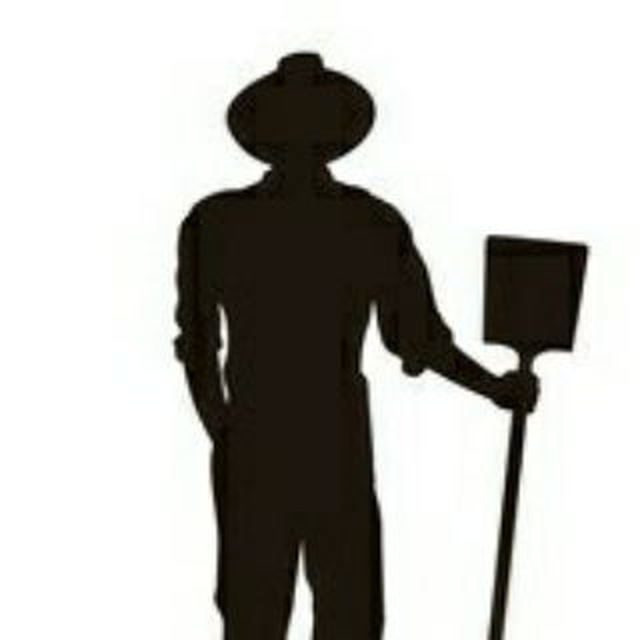

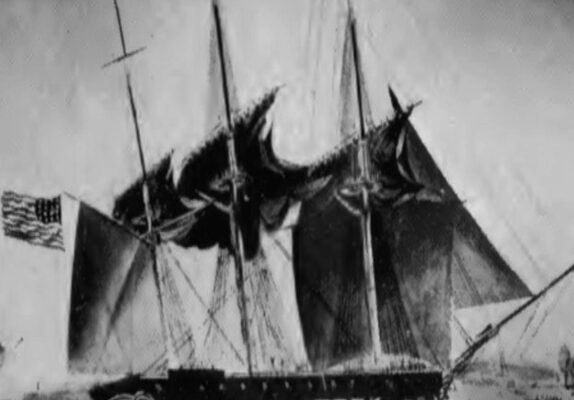
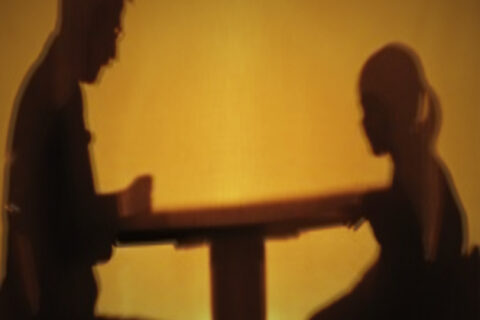
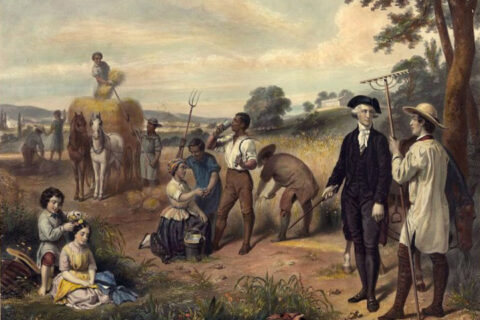
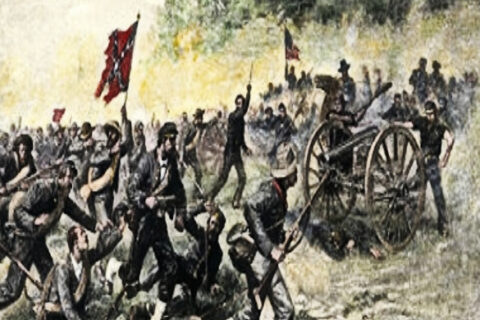
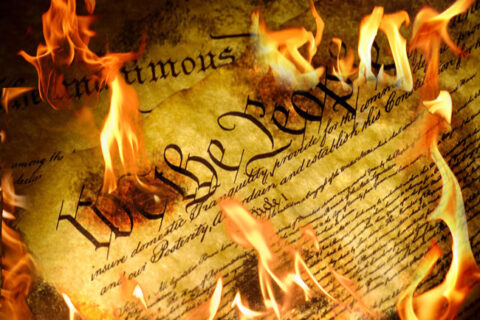
Mr. Morris, Is this book available on Amazon ? Assuming of course that it has not been banned. Have a good day.
Dogface: thank you for the question and the interest in the book. The short answer to your question is, no, not yet. Nor would it be were it left to the author. But our eldest son has different ideas for the book in mind, and has indicated he wishes to self publish it. Which I’m fine with. He has commissioned one of his younger brothers to do some illustrations (pencil sketches) for the chapters, and I have agreed to pull chapters from the manuscript and do some light editing to them in preparation for future publication. I will let everyone know when it is published and available for purchase, both in paperback and on Kindle.
Thanks for the comment.
Tea and crumpets anyone? Never you mind the sound of many enemies marching up our streets. Read louder to drowned out the sound …
https://www.theburningplatform.com/2022/07/31/un-world-economic-forum-behind-global-war-on-farmers-experts/